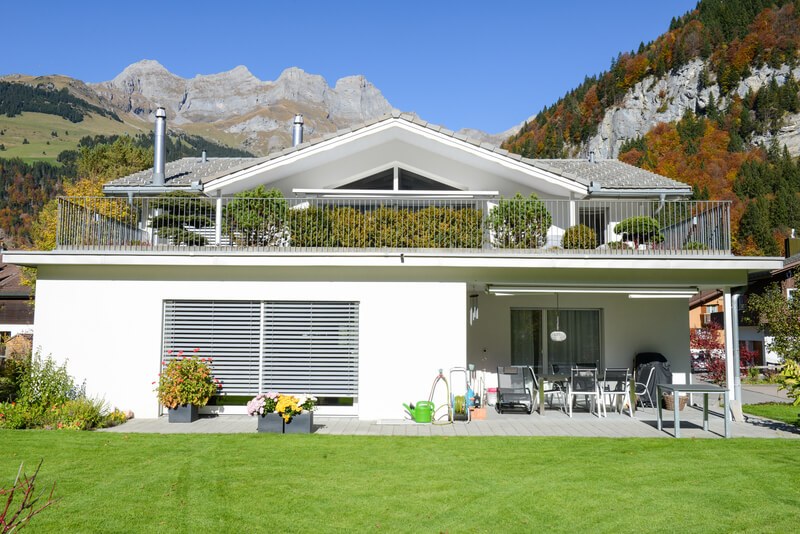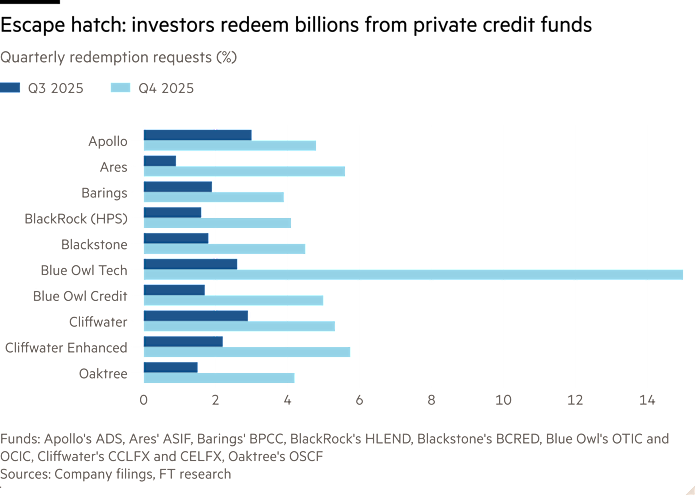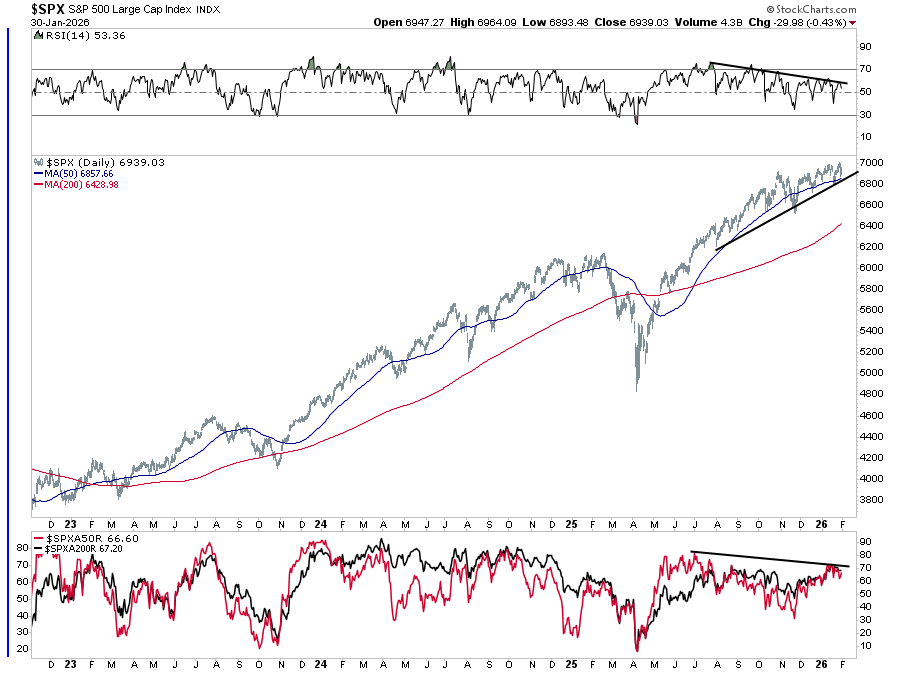Currently, home owners in Switzerland must pay tax on fictional rent, calculated based on a home’s size and location. At the same time home owners get to deduct mortgage interest and home maintenance costs from their taxable income.
The system was designed to bring the taxation of home owners into line with that of renters. The logic is sound. Renters must pay rent out of their after tax income, while homeowners get to enjoy their their homes tax free, a kind of tax free accommodation dividend.
But not everyone likes the current system. Those who have paid off their mortgages and pay little tax deductible interest are the biggest losers.
The subject has aroused political debate for many years. In 2012, a vote to scrap this fictional rent for pensioners was rejected by 52.6% of voters – retirees have often repaid most of their mortgage and end up paying extra tax as a result.
In addition, tax deductible mortgage interest is an incentive to borrow and Switzerland has one of the world’s highest rates of mortgage lending – outstanding mortgages in Switzerland are around 110% of GDP1.
Recently, a parliamentary commission provided a glimpse of a plan to do away with fictional rents.
Their proposal, which will be looked at again in the first quarter of 2019, would do away with these rents along with deductions for mortgage interest and maintenance. The commission also recommends eliminating tax deductions for renovations aimed at improving energy efficiency – cantons could still offer them but the federal tax department wouldn’t.
The proposal contains a few exceptions regarding mortgage interest. Offering time boxed interest deductions to first home buyers is one. And, allowing some sort interest deduction for those with income from other investments is another.
If this new plan is implemented, retirees with small mortgages will rejoice, while younger people with big home loans will face higher taxes.
The government would also lose. In 2010, the federal government calculated that the current system boosts the tax take by around CHF 800 million per year.
More will be known on the proposal earlier next year. And, any changes wouldn’t be implemented before 2022-2023, according to Fredy Hasenmaile, a property specialist at Crédit Suisse interviewed by the newspaper 20 Minutes.
Full story here Are you the author? Previous post See more for Next postTags: Editor's Choice,newsletter,Property



































